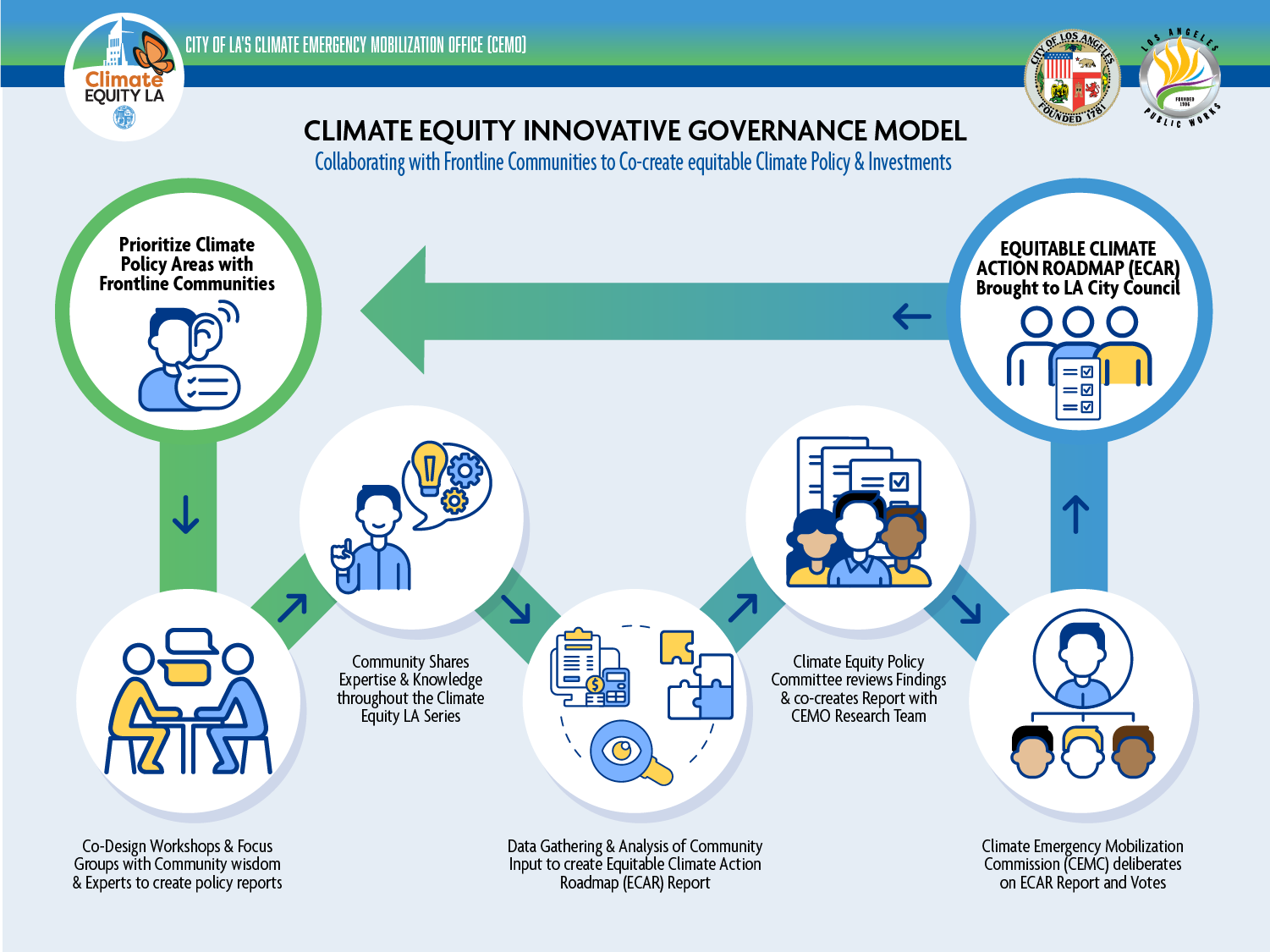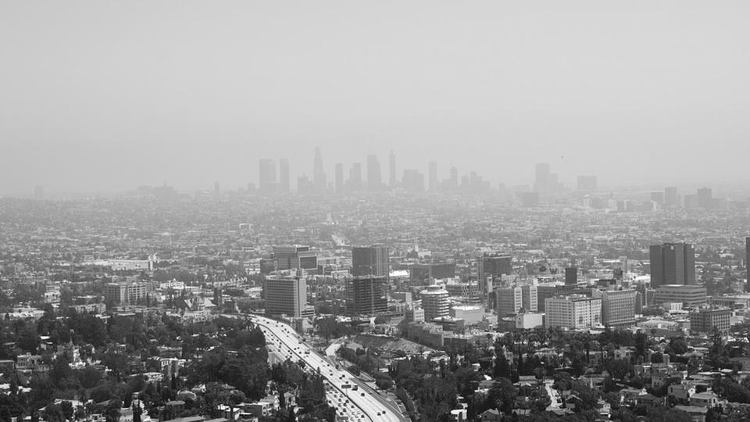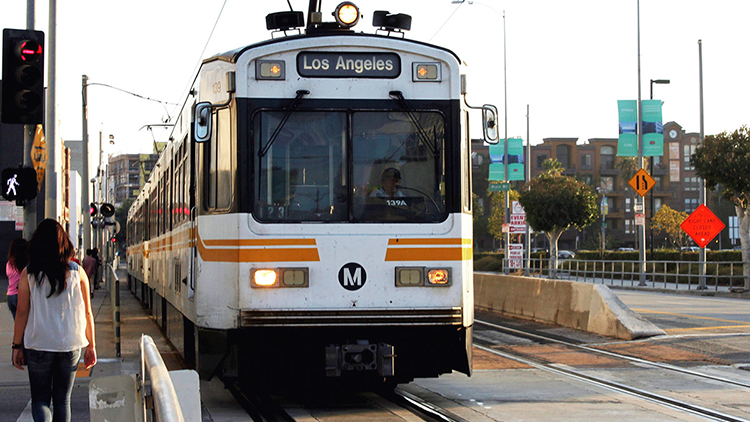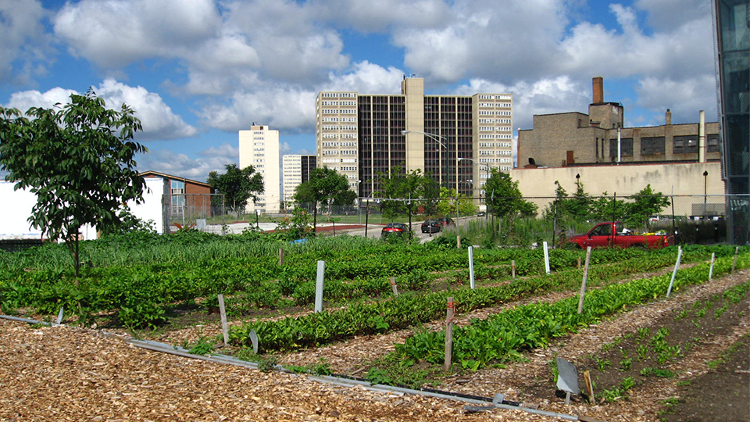Both the City of Los Angeles and Los Angeles County are engaged in various scientific projects to better understand, measure and preserve biodiversity in the region. However, missing from these approaches is any attempt to capture or measure the social, cultural and political perception of these critical resources across neighborhoods and different demographic groups. Biodiversity is both affected and perceived differently by different groups of people in urban environments, and there are many controversies associated with biodiversity management (e.g. coyote culling and pet safety, secondary poisoning from rat control, environmental contamination, flood control, habitat restoration, etc.).
City and County managers have only sparse and anecdotal data on how individuals respond to or engage with these issues and how their values relate to the goals and practices of biodiversity conservation. This project attempts to address this gap by eliciting responses directly from residents and collectives in the Los Angeles region to shape a more complete narrative of public understanding of and engagement on biodiversity issues.













